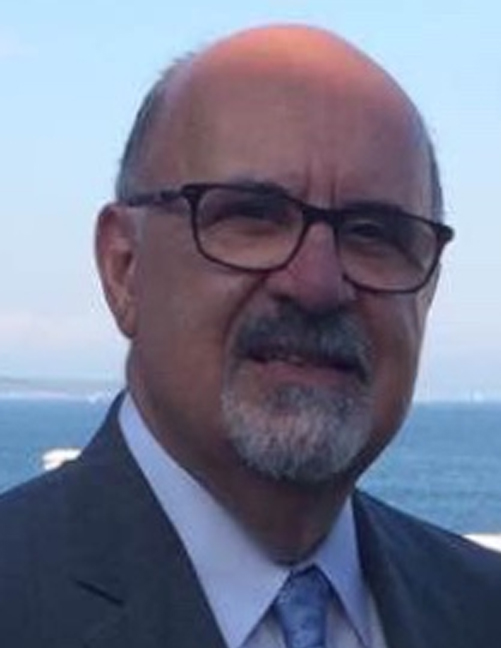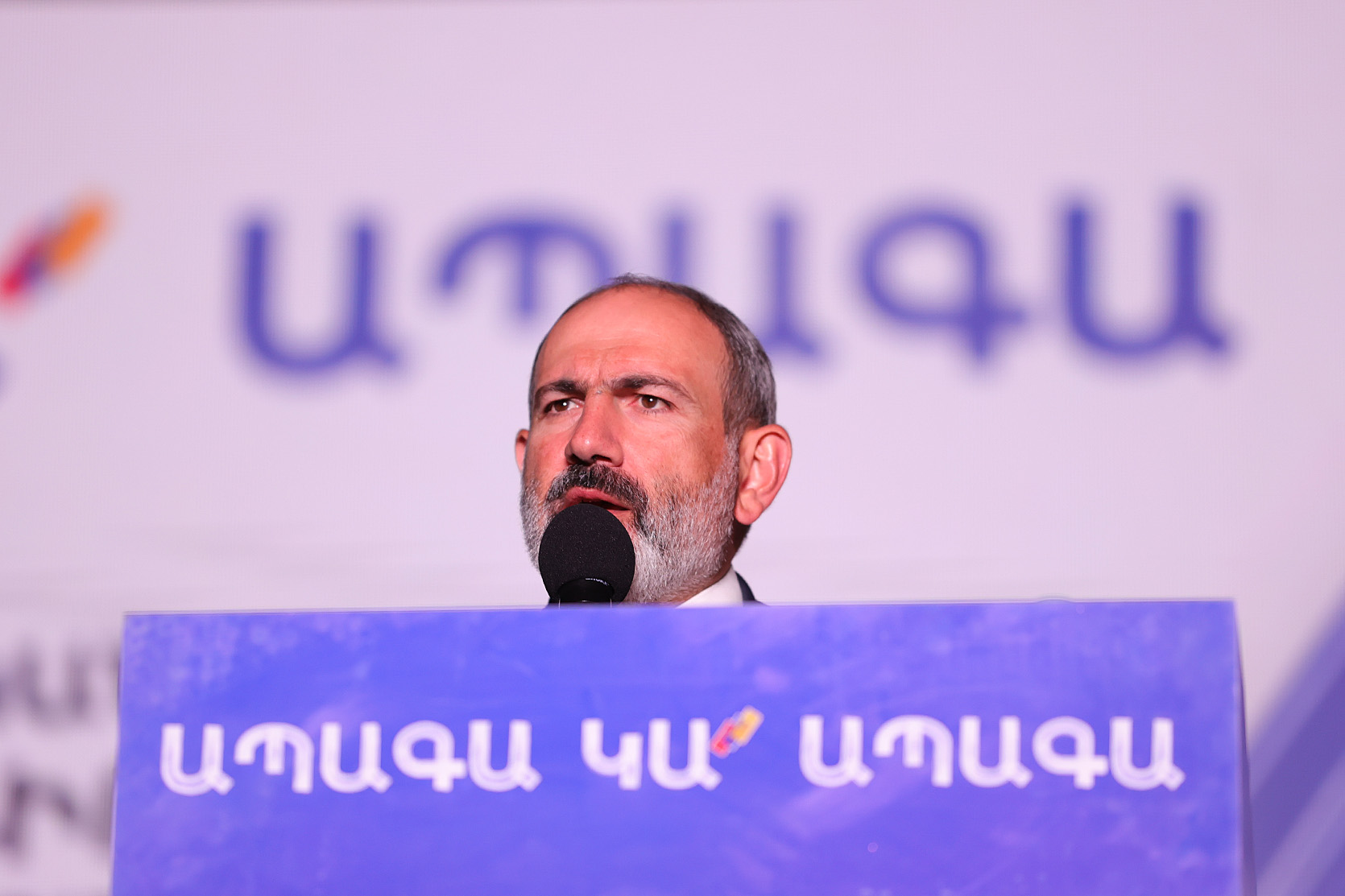

Making the Most of a Second Chance
Posted on July. 26. 2021
BY STEPAN PILIGIAN | The Armenian Weekly
Due process is proceeding in Armenia in the post-election environment. The election concluded with the Civil Contract party winning a majority of the votes cast and will lead the National Assembly with 71 mandates (MPs). Two alliances and two parties finishing behind Civil Contract have formally contested the election through the Constitutional Court. This is a legal and responsible path that should be completed with integrity. It is a much more desirable alternative than civil unrest. Armenia has been there and done that. When the court issues its final decision and the legal paths are exhausted, then it is time to move on. Given the sizable gap between the participants, it is unlikely that the election results will change unless findings invalidate the election itself. Assuming this is not the case, patriotic Armenians must rally behind their government. This will be challenging given the emotions and personal attacks that were the hallmark of the campaign season. With our enemies tempting us at the border, this is no time for a protracted conflict that leaves the government in a caretaker status.

What have we learned from this election? The most important message is that the voters felt more strongly about giving Pashinyan a second chance versus returning to the past. Interestingly, the strong national defense position and Russian relationship of former President Kocharyan was not enough to convince voters. The polls had Kocharyan’s alliance in the mid-20s which is relatively close to their final result. What they did not predict was Pashinyan polling over 50-percent. In fact, the polls showed a significant weekly drop into the 20s just before the election. Either the methodology was flawed, or the more likely cause was a number of Pashinyan voters were not willing to disclose publicly their support. Root causes can be debated by political analysts, but the results are what counts. The ability of Armenians to stand together will be tested in a manner unprecedented in the last 30 years. The stakes are high with the future of Artsakh, the confidence of the diaspora and the national security of the homeland sitting on the immediate horizon.
It is rare that politicians get a clear second chance as PM Pashinyan has been granted. Many Armenians cynically comment that the options worked to his advantage rather than his own capability. There may be some truth to that, but I also believe that the citizens feared the return to past leadership more than the unknowns of whether Pashinyan can lead. Most voters judge candidates based on past records. This one was also about betting on the future. So here we are: the man who led Armenia and Artsakh to the disastrous 44-day war and returned the term “occupied” to much of Artsakh territory has been given a second chance. Will he view it as a mandate or as an opportunity at redemption? An honest look at reality sprinkled with humility would lean towards hoping for the latter. I don’t view this as a mandate. Our people are hurt, angry and fearful. They looked at the options and concluded that maybe he will learn from the mistakes and address the issues. Many voters supported his anti-corruption public policy before the Artsakh War. Second chance, yes. Mandate, not quite. Whether he embraces the second chance cause will impact his approach going forward. Pashinyan must take responsibility by correcting the issues with legislation, policy and actions that address the foreign policy and domestic agenda critical to Armenia’s survival. It is okay to admit the mistakes, take responsibility and fix them. It is not weak; it is honest. If those 5,000 young men lost meant anything, then addressing the root causes is a moral and practical responsibility. He must ask himself, “Do I want to be the leader that led a recovery or finished burying the nation?” We are at that crossroad. If Pashinyan thinks he has the full confidence of the people, in a traditional electoral sense, he is making a strategic error. They supported him enough and rejected the alternatives to give him a chance to fix what is broken. It speaks more to the alternatives than his performance. There is a difference. With honest analysis and humility, he will be able to embrace that truth.
How best can a Pashinyan government lead Armenia? My comments will be focused on the “how” not the “what.” Volumes have been written on what Armenia needs to do to recover and regain a level of prosperity. The priority is well understood, and nearly all factions have several common themes in their top five: national security, Artsakh status, economy, emigration and diplomatic influence.
Assuming that the due process of electoral challenges concludes in the next few weeks, Pashinyan should not approach his agenda with the same set of tools. Regardless of the election outcome, he is already burdened with the pain of our losses on his watch. His party obviously will give him unconditional support. Others who voted for him as the best option will give him conditional support; that condition being that he is successful in meeting the challenges. The 47-percent that did not vote for him will, at best, take hopefully a “wait and see” approach. It would be naive to think that all of his political adversaries will line up to offer support. Given this environment and the critical importance of success, there are two areas where Pashinyan can increase the probability of overcoming the challenges. What they both have in common are the sources of people he brings into government. This is not 2018 when he was literally swept into office from a populist street revolution and garnered over 70-percent of the vote with the incumbent Republicans not receiving a single seat. Armenia is in need of a more unified government through appropriate coalition building. It would be a mistake to build a government solely through the Civil Contract party. Reaching across the aisle to some of the resources from the over 20 parties and alliances that participated in the electoral process will improve the professionalism of the foundation and help heal the country. Make no mistake that elections do not heal; the actions of the new government heal. Pashinyan must search for the best people to serve. Youth and gender balance are important but must be accomplished with upgrading the core capability of the ministries and the decision-making process. It would be a bold move that would display much needed leadership to advocate for political diversity.
Our vision must recognize the mutual importance of the homeland and the diaspora.
The walls between the diaspora and Armenia must be removed. Another opportunity is to tear down the obstacles through legislation and, if necessary, the Constitution that prevents or limits the participation of diaspora Armenians. Citizenship and residency requirements should be amended to make Armenia the true center of the Armenian nation without compromising sovereignty concerns. Our diaspora is blessed with qualified and experienced resources in every possible discipline. These people are not simply tourists or investors. They are dedicated Armenians who wish to serve the homeland. The way to build trust and eliminate barriers is through inclusion. It is time to stop constraining Armenia’s capability with self-imposed restrictions. Our vision must recognize the mutual importance of the homeland and the diaspora. Relationships with Armenia address the most significant concern in the diaspora—assimilation. Opening the door to the diaspora will supplement critical resources to secure Armenia’s future. Anything less than this will negatively impact both entities. The underutilization of the diaspora is one of the tragedies of the last 30 years that must be resolved.
What will Pashinyan do with his second chance? Will he internalize the shortcomings and take advantage of this rare opportunity or will he define his second term with the status quo? Our responsibility is to get past the election and support the revival of Armenia. The alternative is to sit and watch a slow decline. That is unacceptable. Supporting Armenia does not preclude opposition debate. In fact, it should encourage it. What is important is to understand the difference between opposition and obstruction or ambivalence. The former is a hallmark of democracy. The latter will diminish the prospects of a prosperous Armenia. We should all think about that when we display our tri-colors and pictures of Ararat. The stakes are very real in the intermediate term. Why is it so difficult for leaders to comprehend that power is irrelevant when the nation is at risk? How far does the country have to decline before that awareness is triggered? Pashinyan’s second term must be all about reconciliation, redemption and recovery.
Whenever I need to get grounded about the current realities in Armenia, I always think of my friends in the village of Paruyr Sevak on the Nakhichevan border and similar border villages scattered across Armenia and Artsakh. This is where I learn about the value of life in the absence of material abundance. This is the heart of Armenia where politics take a back seat to raising children, a sense of community and the warmth of giving to others. Pashinyan needs to not only regularly visit these border village heroes in all regions of Armenia, but bring their values of humility and survival into his government. He must build a governing base of diversity that reflects all aspects of the Armenian nation with an optimization of talent and professionalism. Political parties win elections to lead their nations. When the focus is on power and control, the people lose. Too often, those elected view the election as a mandate which can be exclusionary. Pashinyan must find a way to govern with political diversity and diaspora inclusion by addressing the challenges with the best and brightest that the Armenian nation has to offer. My suggestion would be whenever that vision gets clouded in the politics of Yerevan, that he refresh his perspective with some time in the border villages. Sometimes we all need a reminder of why we are doing this.

last 3 years proved failure in ALL fields;
“Abaka ga?” not guarantee until P.M. PRINTS ALL
SIGNED AGREEMENTS after 44 days war STILL
CONTINUING, because SECRET AGREEMENTS UNKNOWN
& NOT APPROVED by Nation ALL OVER THE WORLD.ONE
person CAN NOT TAKE LIKE STALIN ALL DECISIONS,
IF ACCEPTS TO CHANGE ALL MINISTER, TECHNOCRAT WITH FULL REFERENCES, THAN THERE IS “ABAKA”,
OTHERWISE: BE READY CATASTROPHIC ARMENIA FALL.